On Monday, North Korea attempted to launch a military satellite into orbit. The rocket carrying the satellite exploded in the air shortly after liftoff, marking the country's third failed attempt to put a spy satellite into orbit.
Kim Jong Un, the leader of North Korea, aims to deploy a fleet of reconnaissance satellites. He has also focused on testing nuclear-tipped ballistic missiles capable of reaching the United States and its allies in the Asia-Pacific region. North Korea stated that they need satellites to enhance their ability to monitor their enemies and target them, as well as to make nuclear deterrence more reliable.
After two unsuccessful attempts, North Korea successfully launched its first reconnaissance satellite into orbit last November. Kim announced plans to launch three more satellites this year. On Monday, North Korea announced that it would launch the first of the three by June 4.
South Korean military officials reported detecting a missile launched from the Tongchang-ri space station in northwest North Korea. The rocket flew over the sea between the Korean Peninsula and China on the same trajectory previously used by North Korea during satellite launches.
South Korean military believe the rocket likely carried a satellite. However, they deemed the launch unsuccessful after detecting debris falling into North Korean waters just two minutes after liftoff. South Korean military also confirmed that the rocket exploded in the air. North Korea acknowledged the launch was unsuccessful, with the country's Korean Central News Agency reporting that a newly developed rocket booster with a military reconnaissance satellite exploded in the air.
The United States, South Korea, and Japan have been monitoring North Korea's preparations for the rocket launch for weeks, with surveillance conducted from U.S. Navy ships. United Nations Security Council resolutions prohibit North Korea from launching long-range missiles due to the shared technology with intercontinental ballistic missiles.
During such launches, South Korea and Japan typically put their forces on high alert and instruct residents of islands near the rocket's trajectory to seek shelter indoors or underground to avoid falling debris.
South Korean officials noted that North Korean satellites were once primitive and not particularly useful for reconnaissance. However, recent reports indicate that North Korea has acquired satellite technology, as well as oil and food from Russia in exchange for artillery shells and ballistic missiles. Russia also aided North Korea's nuclear and missile programs by exercising its veto power in the UN Security Council earlier this year to disband a group of experts investigating sanctions violations against North Korea.
In recent weeks, Kim Jong Un has visited ammunition production factories, encouraging increased production. North Korean state media also showed Kim inspecting large warehouses filled with missile installations. South Korean analysts suggest that this was a message to Putin, who is scheduled to visit the country, about their readiness for further arms deliveries.
Source: The New York Times






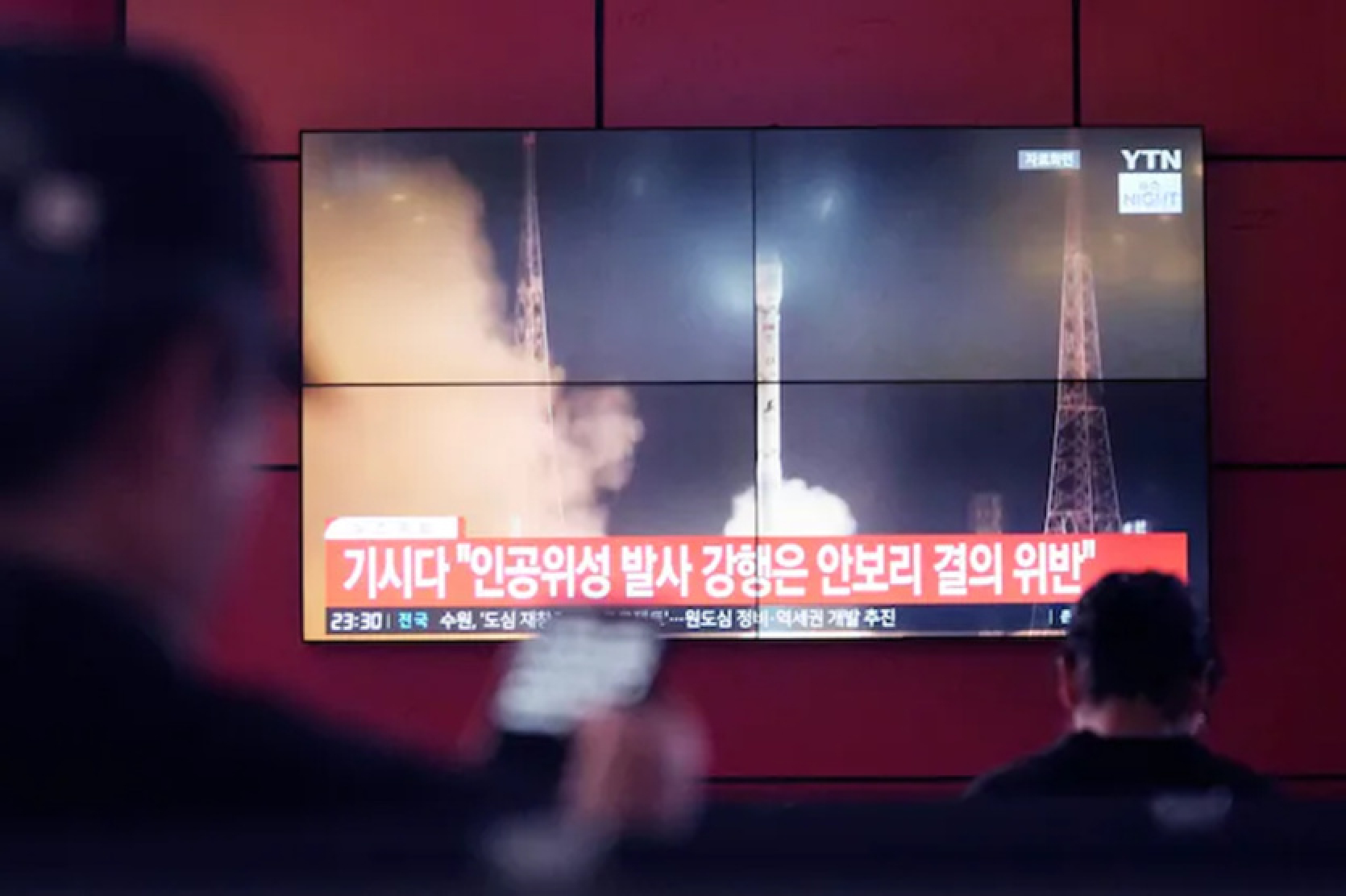


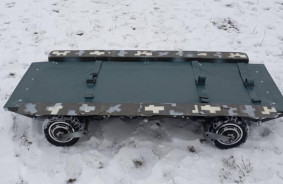
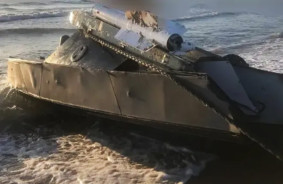
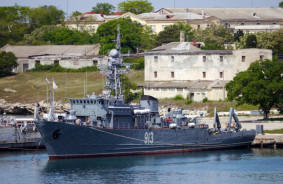
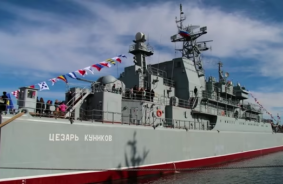
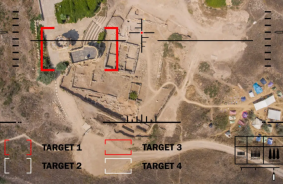
Comments (0)
There are no comments for now